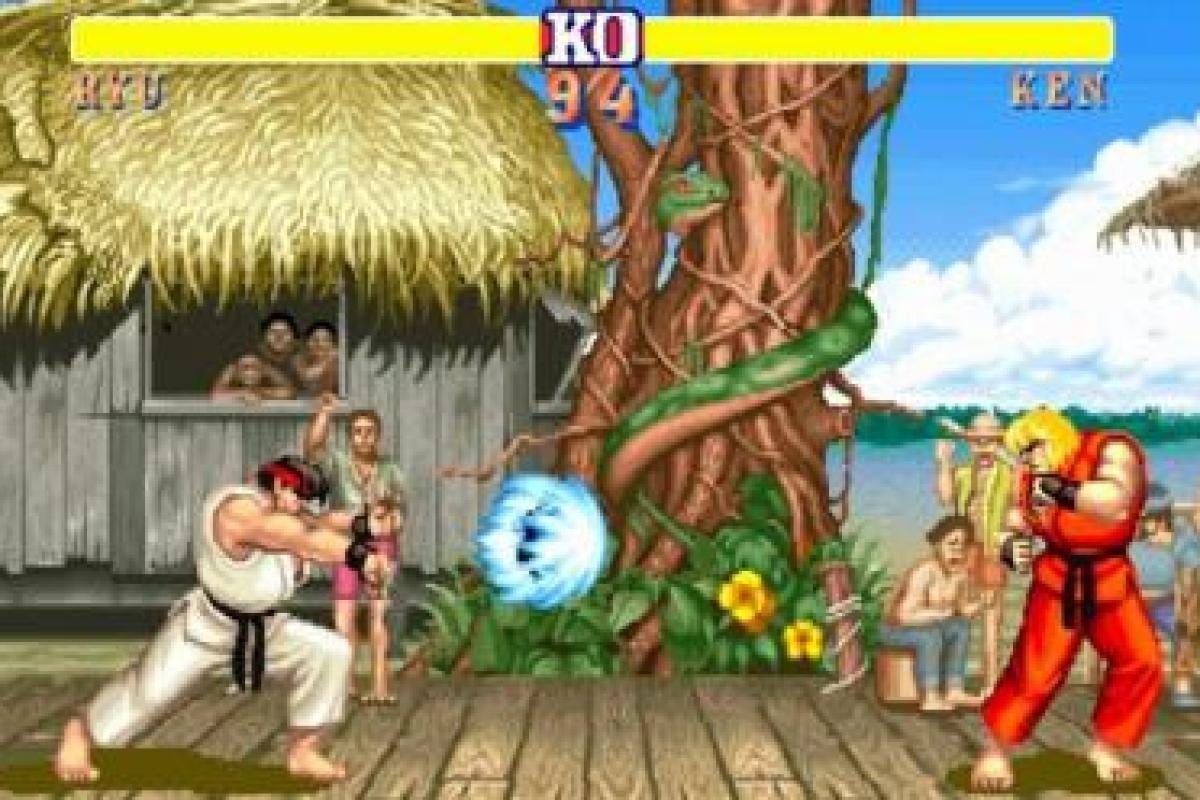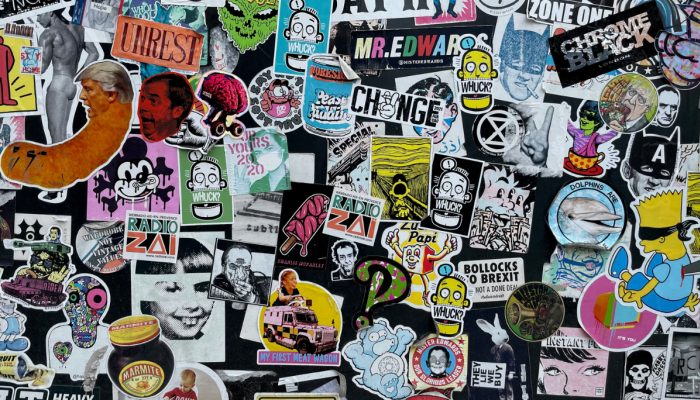Advertising people seem to have fallen in love with the idea that what they make are ‘stories’. Often, of course, they’re not. Or not good ones anyway. Let’s examine that, I want to tell you a story…
1. The story is the frame, not the point
The best presentation I’ve ever seen was given by a radio producer called Piers Plowright. He walked onto the stage and said “When I was a boy, I was playing on the beach near our house and I found this marvellous pebble”. Or something like that, I can’t remember the details, the actual story wasn’t important. We were all spell-bound because he just started telling one. He didn’t do any of that preliminary hoo-hah about thanking the organisers or saying how delighted he was to be there, he just started telling a personal, human story. Stories are powerful, but the act of telling one, and the way it’s done, is often more powerful. Most stories are, in themselves, pretty banal and predictable. A competent story teller uses that to relax us and manage our attention, using the story as a framework. We know where it’s going, we’re looking forward to the ride, to the flavour the story teller brings, the way they do it. The best example: the legendary vaudeville joke The Aristocrats. DO NOT GOOGLE THAT unless you’re prepared for the worst, most offensive language you’ve ever heard.
2. Real stories are hard
When it is the story itself that grips us that’s normally because you’re in the hands of a real professional, someone who’s studied Billy Wilder: “If you see a man coming through a doorway, it means nothing. If you see him coming through a window - that is at once interesting”, someone who’s thought about Le Carre: "The cat sat on the mat" is not a story. "The cat sat on the dog's mat" is a story”, someone who knows about Chekhov's gun "If in the first act you have hung a pistol on the wall, then in the following one it should be fired.” Real, compelling stories that understand these principles are not just flung together. The narrative scientists at Pixar spend years developing the stories behind their movies. The twists, turns and switchbacks that will grip us and illuminate their characters, that will keep us watching and keep us caring are pored over in intense detail. And this is where the very best advertising people are worth their money; they can compress all that science into 30 seconds. That is a special craft and one which will keep an elite and tiny cadre of people employed long after the algorithms have taken the rest of our jobs.
3. No sadness, no story
As you’ll see above from Messrs Wilder, Le Carre and Chekov a good story normally includes something going wrong. This is where most advertising stories fail. I was once asked to provide help with a script for a male facial skin care product. The creative idea was that you life showed in the lines on your face and that therefore they should be cherished, not erased. Not a bad thought. It’s just that the script - a montage of scenes from a long life - was falling rather flat. You’ve probably guessed why. Every single vignette was of something positive and uplifting. It was a life full to the brim with celebration, achievement and air punches. So it was boring. There was no shade, no contrast, no tension to be released. You can tell an advertiser knows how to tell a story when they’re prepared to let some sadness in.
4. Not everything is a story
Street Fighter II is one of the all-time great video games, it’s also a great example of how you don’t need a story to hold attention. There’s no story just Action. The Marvel movies, similarly, aren’t gripping us with their narrative science, they’re doing it with moments; moments of spectacle, awe, dumb humour or speed. No one recommends a Marvel movie based on the story. It’s all about “that bit when..” Artier movies or books are based in character rather than story, or atmosphere. Great console games are often about world-building. They imagine a different set of rules and possibilities and extrapolate from there. The best advertising does that too, it imagines a world where your brand is important and follows the logic from there. And then, of course, there are jokes. Most of the most successful advertising ever has just been good jokes. And great jokes are defiantly not stories, they work by actively resisting and subverting the structures and expectations of stories. Maybe more agency bosses should describe themselves as joke tellers. That’d be a better story.
Follow @fourthingsabout on Twitter for a stream of links and articles related to this quarter’s topic. Russell Davies is Chief Strategic Officer at BETC, a contributing editor for Wired and a relentless mucker-about on the internet.
This piece was taken from the June 2017 issue of Market Leader, available as part of Marketing Society membership.
If you're not a member and are interested in finding out more, head here or call us +44208 973 1360 or email [email protected].



